Generic Attributes
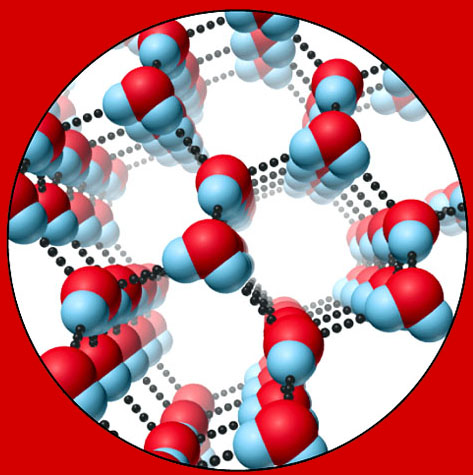
Generic attributes are qualities, skills, and abilities that are valued in study, social situations and employment. They include problem solving ability, teamwork, critical thinking, self-management and basic numeracy. Because the teaching of these skills is integrated into the curriculum without particular emphasis, it can be difficult to realise that they are being acquired or developed.
You will increase your level of generic attributes whilst undertaking your chosen degree, though the skills acquired can vary from subject to subject. For example, skills such as creativity and problem solving may be given a different emphasis in a degree such as music compared to science. You will probably find that your future employer will be more concerned with your generic skills than your knowledge of the third law of thermodynamics!
Surveys have shown that generic attributes such as problem solving, data analysis, computing skills, numeracy, and the capacity to work and communicate effectively in teams are valued highly by employers. Universities are now placing emphasis on these attributes in order to encourage their development. This will help to prepare you for the working environment, allowing you to become a more employable graduate and thus increasing employer satisfaction. In addition, you will be more able to apply these skills to your study and social activities.
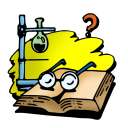 |
Knowledge |
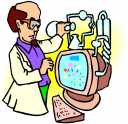 |
Application of theory to practice |
 |
Critical thinking and judgement |
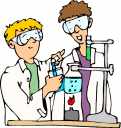 |
Teamwork
and communication |
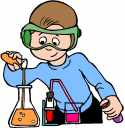 |
Experimental
skills |
 |
Safe working
practice |
 |
Numeracy
and use of technology |
 |
Self-management |
 |
As a first-year student, you will obtain a vast body of knowledge of your chosen field from attending lectures and practical classes, and undertaking self-directed study. You should be able to identify, access and organise that information for assessment via exams and assignments. |
Application of theory to practice
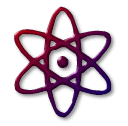 |
You should be able to use the knowledge that you have obtained in familiar and unfamiliar situations. In chemistry, this will be a useful skill during practical classes, where lecture content will enhance your understanding of the experiment. The practicals will, in turn, help you to understand the theory. |
Critical thinking and judgement
 |
You will increase your ability to think critically and independently, to make judgements and to stand by your decisions. Skills such as these, as well as creativity, imagination, and logic, are useful in exams, assignments and practical classes. |
 |
Your ability to communicate clearly and effectively in either written or oral form is a valuable attribute. Equally important is your ability to work with others to achieve a shared goal. This skill is enhanced greatly during practical classes, where you will often work in pairs. |
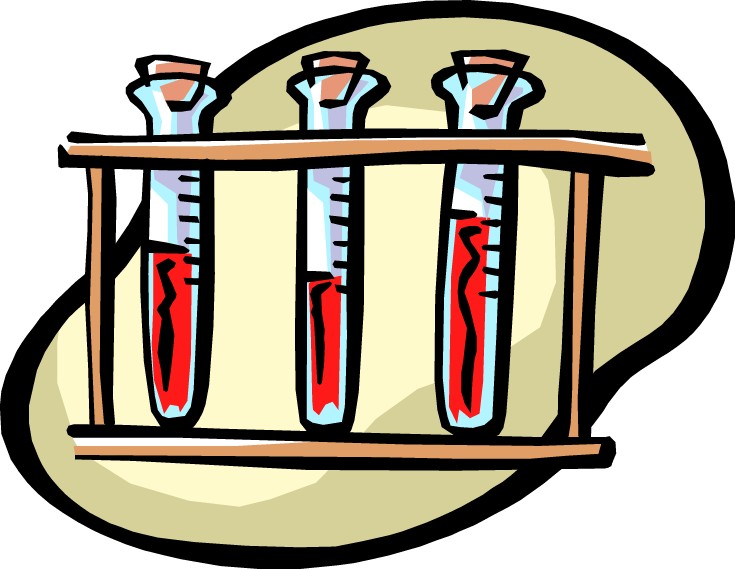 |
As a chemistry student, you will become familiar with laboratory equipment, basic chemical techniques and some research techniques during your first-year practical sessions. You will also be able to analyse and understand your experimental results. |
|
Safety in the chemical laboratory is crucial, and your compliance with safety procedures such as the wearing of safety glasses and covered footwear is required. An understanding of the potential dangers of working with chemicals will be gained from your laboratory classes. |
Numeracy and use of technology
 |
A familiarity with basic mathematical skills such as equation manipulation, estimation, and use of fractions will be achieved, with the ability to apply these skills to chemical concepts and calculations. Equally valuable is your ability to use appropriate technology - for example, scientific calculators, computer programs, WebCT and the internet - for research or for assessment purposes. |
 |
You will increase your ability to plan and organise self-directed study and work activities, and you should be able to achieve the goals you have set for yourself. Time management is a valuable skill that should be developed through your study timetables and your effective use of time in practical classes. |
The University of Sydney Student Services Unit runs a Learning Centre,
to assist you with developing skills such as time management. You can
visit their website, at http://www.usyd.edu.au/su/lc/
Check out the Faculty of Science information of generic attributes at the 'Life Long Earning' site.
Click here.